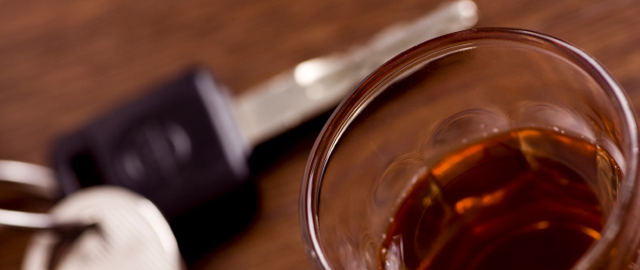As drinking and driving lawyers, we not only deal with routine drinking and driving criminal offences but also conduct defences in serious drinking and drinking offences that involved serious bodily harm and / or death caused by drinking and driving.
What does DUI stand for and is DUI applicable in Canada?
The phrase “DUI†is an American phrase commonly known as “Driving Under the Influenceâ€. The American DUI offence is synonymous with the Canadian equivalent, “Impaired Drivingâ€. In Canada, the phrase DUI is not used but instead the general phrase “drinking and driving†is used to describe all motor vehicle related offences of Impaired Driving, Operating a Motor Vehicle with Excessive Blood Alcohol, and Refuse Breath Sample.
In Impaired Driving cases, what degree of impairment is required to ground a conviction for impaired driving?
The Supreme Court of Canada, in a seminal case for impaired driving titled R. v. Stellato, held that the prosecution need only prove any degree of driving impairment which may range from slight to great. However, if the evidence of impaired driving is frail and there is reasonable doubt, the Court must acquit the accused of impaired driving.
As drinking and driving lawyers, we have successfully defended many impaired driving cases on the exact issue that the accused’s level of impairment was not sufficient to ground a conviction for impaired driving.
What is the legal blood alcohol concentration limit seen in Excess Blood Alcohol drinking and driving criminal charges?
The legal blood alcohol concentration limit is 80 mg of alcohol in 100 ml of blood. The amount of alcohol consumed to reach 80 mg of alcohol in 100 ml of blood will depend on: (i) the time, type, and amount of alcohol consumption: (ii) height, weight, gender of the person, and (iii) and the specific alcohol elimination rate of the person.
In order to convict a person for an Excess Blood Alcohol drinking and driving offence, one’s blood alcohol concentration at the time of driving or at the time of care or control of the vehicle must be exceeding 80 mg of alcohol in 100 ml of blood. As drinking and driving lawyers, we are aware of the available defences that may be associated with the time, type, and amount of alcohol consumption and the specific alcohol elimination rate of the person charged with Excess Blood Alcohol.
What does Refuse Breath Sample mean in the drinking and driving criminal offence context?
In drinking and driving criminal cases, refuse breath sample means a person has either: (i) outright refused to provide a breath sample into an approved screening device or an approved breath instrument or (ii) has failed to provide a suitable sample of breath into an approved screening device or approved breath instrument – normally seen in cases of feigned breath attempts.
As drinking and driving lawyers, we are aware there may be lawful reasons why an accused person has refused to provide a breath sample or was unable to provide a suitable breath sample. It is important to consider the factual context in each drinking and driving case in order to determine if such defences are available.
I am convicted of a simple and routine Impaired Driving, Driving a Motor Vehicle with Excess Blood Alcohol, or Refuse Breath Sample, can I go to jail?
Those who are first time offenders for a simple and routine impaired driving, driving a motor vehicle with excess blood alcohol, and refuse breath sample offence are not likely to receive a jail sentence for a first time conviction. Instead, a monetary fine coupled with a time period of driving prohibition is the common disposition.
However, a jail sentence is an available legal sentence for these offences, including first time drinking and driving offenders. As drinking and driving lawyers, we will advise you as to how the effects of receiving an impaired driving, excess blood alcohol, or refuse breath sample conviction may impact you in many ways beyond a jail sentence. Such convictions can lead to permanent criminal records (that can further affect employment or immigration), loss of driving privileges for a lengthy period of time, and significantly increased insurance premiums or results that deem you not insurable by your automobile insurance company.


